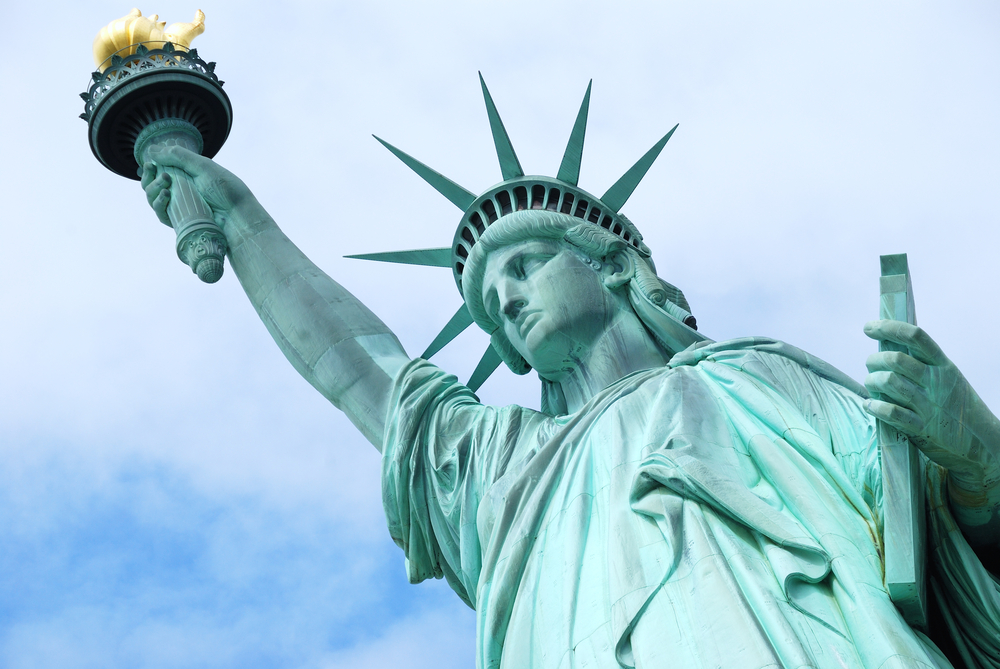You shall love your neighbor as yourself. – Mark 12:31
There’s no doubt—immigration is a controversial topic. And yet, it’s an important one to talk about. “It’s a difficult issue, especially because a lot of us, even people of faith, we come at it through our political lens. We might look at it as a left or right issue, as a conservative or liberal issue, a Democrat or Republican issue, but the Church tenant takes a little bit of a different perspective,” says Dylan Corbett, founding director of Hope Border Institute in El Paso, TX.
So, what does the Catholic Church teach about immigration? “The Church starts with the reality of the person—the Church puts the person first. The Church also looks at this through a tradition which goes back thousands of years. We are, in many ways, an immigrant Church. … The Old Testament is very clear about how we ought to treat the stranger and our forefathers in faith, the Jews, they experienced the realities of migration,” explained Corbett.
Catechism of the Catholic Church, paragraph 2241: The more prosperous nations are obliged, to the extent they are able, to welcome the foreigner in search of the security and the means of livelihood which he cannot find in his country of origin. Public authorities should see to it that the natural right is respected that places a guest under the protection of those who receive him.
Political authorities, for the sake of the common good for which they are responsible, may make the exercise of the right to immigrate subject to various juridical conditions, especially with regard to the immigrants’ duties toward their country of adoption. Immigrants are obliged to respect with gratitude the material and spiritual heritage of the country that receives them, to obey its laws and to assist in carrying civic burdens.
“I don’t think that security and our commitment to welcoming refugees are at odds with each other. I also think that immigration has been a backbone of our country. It’s part of not just our faith as Catholics, but it’s also part of our identity of who we are as a country,” said Corbett. “Think about the Statue of Liberty and how many generations of Americans came to the United States and saw that Statue of Liberty and saw a symbol, a welcome, a refuge, a protection and freedom.”
Corbett poses the question, why can’t our border be the Statue of Liberty of the 21st century? “One of the things that Catholic teaching says and the Catechism has been clear on this, the bishops have been clear on this, is that people first of all have a right not to migrate. Most people would want to stay with their family; they would want to stay in their homeland. But the Church teaches that when you’re in a situation … of abject poverty, where you’re fleeing terrorism, persecution or hunger, or crime and instability like the countries in Central America are experiencing right now—that you do have a right to migrate. And that those countries like ours that are blessed with many resources, we have an obligation to welcome them, not to shut the door to them but to receive them to the extent that we can.”
Listen to the full podcast, and tune in to The Drew Mariani Show weekdays at 4-6pm ET/noon-3pm PT.


